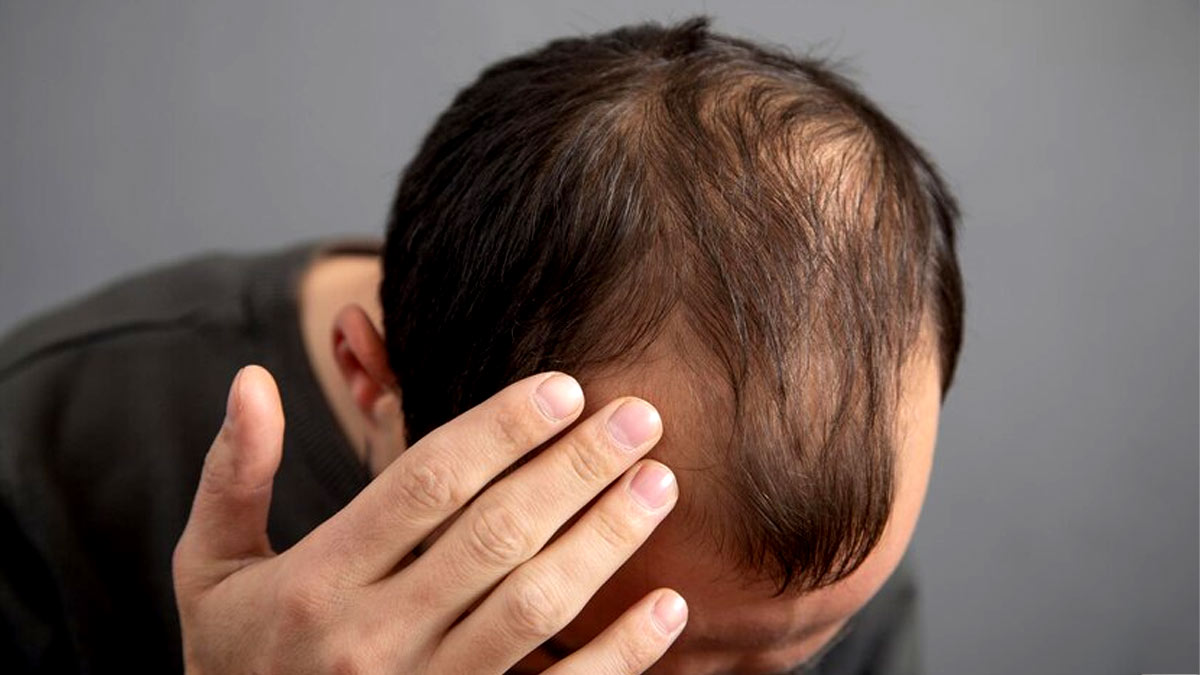
Alopecia areata, a condition characterised by sudden hair loss in patches, can cause trouble to those who are affected. While the exact cause of alopecia areata is not fully understood, it is believed to involve a combination of genetic, immune, and environmental factors. While minerals alone may not be a cure for alopecia areata, ensuring adequate intake of certain minerals can support overall hair health and may play a role in managing the condition. As per the National Library of Medicine, approximately 2% of people worldwide will suffer it at some point throughout their lives. It is estimated that up to 6.8 million persons in the United States are infected from alopecia areata. Here are some minerals that are important in treating alopecia areata:
Table of Content:-

1. Zinc
“Zinc is essential for hair growth and repair, as it plays an important role in DNA and protein synthesis. Low zinc levels have been associated with hair loss, and zinc supplementation has shown some benefit in treating alopecia areata. Poultry, beans, nuts, whole grains, and dairy products,” said Dr SK Gupta, Dermatologist, DMCH, Darbhanga, Bihar.
2. Iron
According to Dr Gupta, iron is necessary for the production of haemoglobin, which carries oxygen to the hair follicles. Iron deficiency can lead to hair thinning and loss. Adequate iron levels are crucial for maintaining healthy hair growth. Red meat, poultry, fish, beans, lentils, tofu, spinach, and fortified cereals.
Also read: Can Ponytails Cause Hair Loss? Doctor Explains Traction Alopecia
3. Selenium
“Selenium is an antioxidant that helps protect hair follicles from damage caused by oxidative stress. Selenium deficiency has been associated with hair loss, and supplementation may help improve hair health. Brazil nuts, seafood, poultry, eggs, whole grains, and dairy products,” Dr Gupta stated.
4. Copper
Copper is involved in the production of melanin, the pigment that gives hair its colour. It also plays a role in collagen synthesis, which is important for hair structure. Copper deficiency may lead to premature greying of hair and hair thinning. Organ meats, shellfish, nuts, seeds, beans, whole grains, and cocoa.
5. Magnesium
Magnesium is involved in numerous biochemical processes, including protein synthesis and cellular energy production. Adequate magnesium levels support healthy hair growth and may help reduce hair loss. Nuts, seeds, whole grains, leafy greens, legumes, and dark chocolate.

Also read: Signs Of Alopecia? Why Is It More Prevalent In Men
6. Biotin
Biotin, also known as vitamin B7, is essential for the metabolism of fats, carbohydrates, and amino acids, all of which are necessary for healthy hair growth. Biotin deficiency can lead to hair thinning and loss. Egg yolks, organ meats, nuts, seeds, whole grains, and fish.
7. Vitamin D
Vitamin D is important for immune function and may play a role in hair follicle cycling. Low vitamin D levels have been associated with alopecia areata, and supplementation may help improve hair growth in some cases. Sunlight exposure, fatty fish, fortified foods, and supplements.
While ensuring adequate intake of these minerals is important for overall hair health, it's essential to consult with a doctor before starting any supplementation regimen, especially if you have alopecia areata or any other medical condition. Additionally, a balanced diet rich in fruits, vegetables, lean proteins, and healthy fats is key to supporting hair health and overall well-being.
How we keep this article up to date:
We work with experts and keep a close eye on the latest in health and wellness. Whenever there is a new research or helpful information, we update our articles with accurate and useful advice.
Current Version